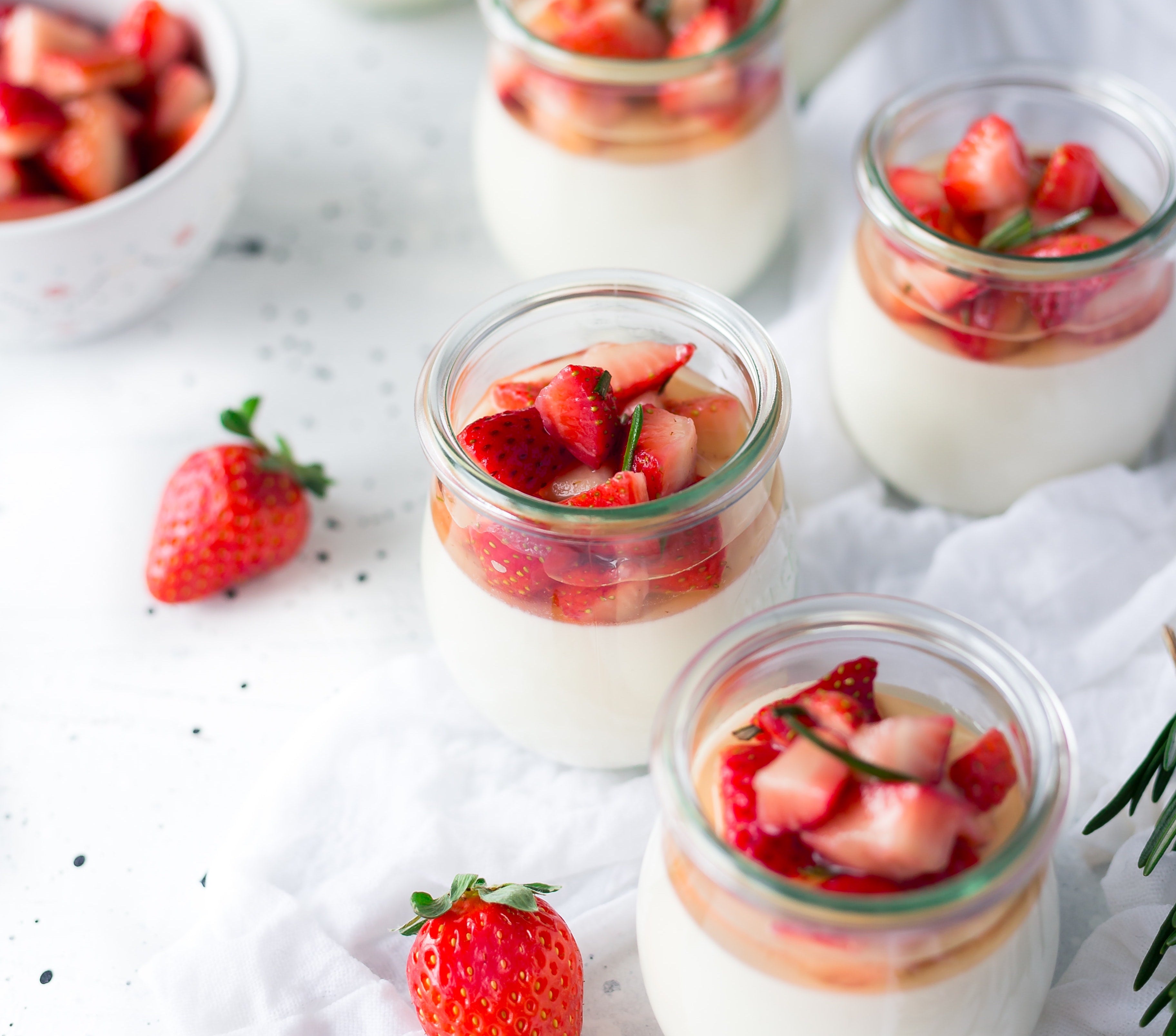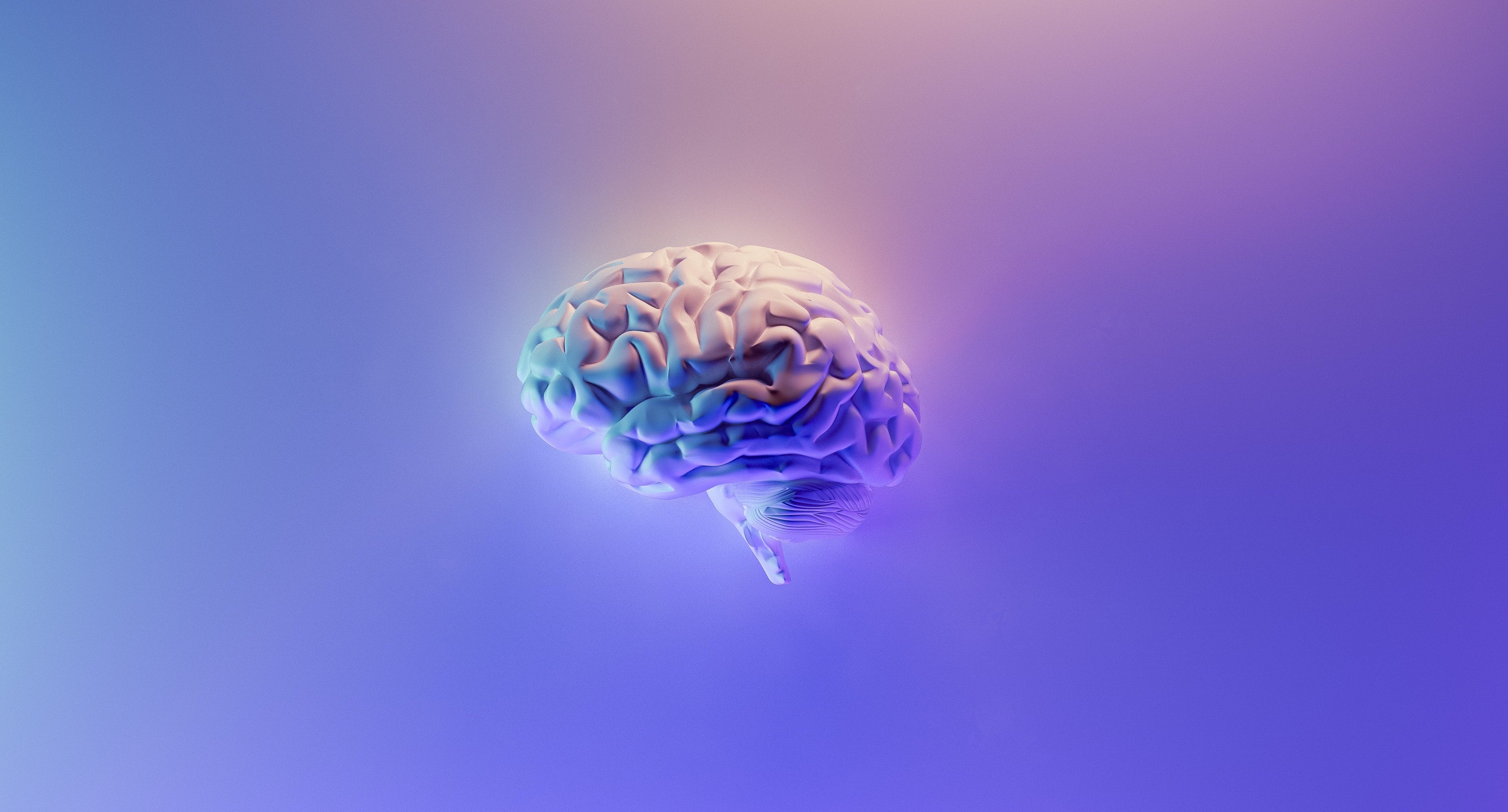Hydration is an integral part of any diet or lifestyle (not to mention, survival), but it becomes even more essential when following a ketogenic or “keto” diet.
Why? Because dehydration is one of the most common side effects of the keto diet and a potential cause of keto flu—a collection of symptoms associated with the body adapting to a very low-carb diet.
Now, this doesn’t mean you should chug water like it’s going out of style. In fact, drinking too much plain water can dilute your electrolyte levels, exacerbating dehydration on a keto diet.
This is where a keto hydration powder can benefit you. An effective keto hydration powder will provide the right balance of electrolytes—namely sodium, potassium, and magnesium—to balance your fluid intake and support optimal hydration.
We’ll share how to choose a high-quality keto hydration powder shortly, but first, let’s review some basics about the keto diet and hydration.
What Is the Keto Diet?
The keto diet is a very low-carb, high-fat way of eating that has been shown to support weight loss, stabilize energy, reduce the need for insulin in those with diabetes, improve brain health, and reduce hunger.[*][*][*][*].
On a keto diet, about 70 percent of a person’s daily calories come from fat, 20-25 percent from protein, and 5-10 percent from carbs. This translates to 20-50 grams of carbs per day.
By drastically reducing carbs, your body starts burning fat for fuel instead of glucose (sugar) from carbs. This fat-burning state, called ketosis, prompts your liver to produce an alternative fuel called ketones.
What Is Hydration?
A person is said to be hydrated when they’ve replaced water lost through sweating, exhaling, and eliminating waste.
Hydration is crucial for many reasons. It regulates body temperature, keeps joints lubricated, prevents infections, delivers nutrients to cells, and keeps organs functioning properly.
Conversely, a person experiences dehydration when they lose more water than they take in. Dehydration can not only cause unpleasant symptoms, such as fatigue, muscle cramps, dizziness, and confusion, but can also lead to serious complications, even death.[*]
While many people think that proper hydration is only based on water intake, H20 is only half of the hydration puzzle. The other half is electrolytes.
What Are Electrolytes and Why Are They Important?
Electrolytes are essential minerals, such as sodium, potassium, and magnesium, that carry an electrical charge.
In the body, electrolytes play many vital roles that keep you alive. They support cell function, produce energy, stimulate muscle contraction, and help regulate fluid balance.[*]
Like water, electrolytes are lost through sweat, urine, and feces and must be replaced through food, beverages, and supplementation. If you’re low on electrolytes, your body will have a hard time staying hydrated, even if you’re drinking enough water.
The Importance of Adequate Water and Electrolyte Intake on Keto
While anyone on any diet is vulnerable to dehydration, the risk is more pronounced when following a keto diet.
Why? When you eat a very low-carb keto diet, the hormone insulin (which controls the amount of glucose in your bloodstream) stays low. While low insulin is key to entering ketosis (the goal of the keto diet), it also increases water, sodium, and potassium loss through urine.[*]
Additionally, most people who adopt a keto diet reduce their intake of processed foods, which tend to be high in sodium. When these foods are reduced or eliminated, sodium deficiency becomes a real possibility.
To top it off, the keto diet eliminates some of the most water- and potassium-rich foods available, including legumes and fruits.
The Four Keys to Staying Hydrated on Keto
When it comes to proper hydration on a keto diet, there are four fundamental principles to follow:
1. Drink an adequate amount of water. The key word here is “adequate”—not too little, but not too much. Drinking too much plain water can deplete your electrolyte levels, worsening dehydration.[*] A good rule of thumb is drinking water to thirst.
2. Load up on keto-friendly veggies. Certain veggies provide natural sodium, magnesium, and potassium. These include celery, radishes, broccoli, bell peppers, broccoli, avocado, artichoke, Brussels sprouts, and leafy greens.
3. Use your salt shaker. Don’t be afraid to be liberal with your salt shaker. Not only will doing so make your food taste better, but it’ll also protect against sodium deficiency and potentially reduce your risk of cardiovascular events.[*]
4. Use a keto hydration powder. As discussed, it can be challenging to consume and retain adequate electrolytes on a keto diet. Supplementing with a well-balanced keto hydration powder is a great option.
What a Keto Hydration Powder Should Include
An effective keto hydration powder should provide the following electrolytes in substantial amounts, as these play key roles in hydration and are commonly lacking on a keto diet:
#1: Sodium
Sodium tends to get a bad rap, but the human body requires sodium to conduct nerve impulses, contract and relax muscles, and maintain the proper balance of water and minerals.[*][*]
When you don’t get enough of this essential electrolyte, dehydration is much more likely and you may experience symptoms like:[*][*][*]
- Frequent muscle cramps
- Increased thirst
- Headaches
- Low energy
- Restlessness and irritability
- Confusion
- Decreased bone mineral density
While the Dietary Guidelines for Americans recommend consuming no more than 2.3 grams of sodium per day, some research suggests that getting around five grams of sodium per day is ideal for one’s health, particularly heart health.[*][*]
#2: Potassium
Potassium is a key electrolyte that helps maintain normal levels of fluid inside your cells. It also helps muscles contract and supports normal blood pressure.[*] Despite its importance, 97 percent of Americans don’t consume enough of it.[*] Ideally, you should be consuming between 3.5 and 4.7 grams of potassium per day.[*]
#3: Magnesium
Magnesium is an essential mineral and electrolyte that supports over 300 bodily functions, from producing energy to growing muscle to maintaining your heartbeat.[*][*] It also plays a critical role in brain function and mood.[*]
Unfortunately, about three-fourths of Americans don’t get enough magnesium through diet.[*] The RDA for magnesium is 400 mg for men and 320 mg for women, but some studies have shown that around 500-600 mg is preferable.[*]
Choosing a Keto Hydration Powder
Aside from containing the above three electrolytes, the hydration powder you choose should be very low in carbs and sugar (ideally, no added sugar), so that it fits in nicely with your keto macros.
If you’re looking for a keto hydration powder that fits the bill, look no further than IQMIX. This hydration powder contains four brain and body nutrients shown to improve hydration, cognitive performance, and mood. Each packet contains:
- 500 mg sodium
- 450 mg potassium
- 750 mg Magtein®, a clinically studied form of magnesium (Mg L-Threonate) that crosses the blood-brain barrier[*]
- 250 mg of super-concentrated lion’s mane mushroom, which supports brain health and function[*]
IQMIX is keto, vegan, non-GMO, gluten-free, dairy-free, and soy-free, and contains zero sugar and only 3 grams of carbs per packet. These convenient packets are ideal for supplementing your keto diet, pre- and post-exercise, and an anytime wellness boost.
Try our 8-Stick Sampler to find your favorite IQMIX flavors, or go all-in with our 20-Stick Variety Pack.
Protect Against Dehydration on Keto
A ketogenic diet comes with plenty of upsides, but one downside is the possibility of dehydration.
An effective keto hydration strategy should provide sufficient fluids and electrolytes to meet your baseline needs and any extra fluid loss. You can accomplish this by following the simple tips explained in this article. In doing so, you’ll be setting yourself up to feel and perform your best on keto and beyond.




